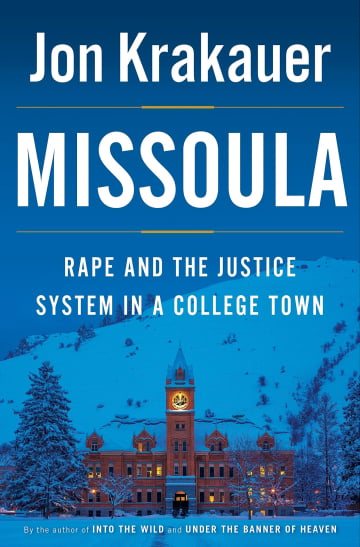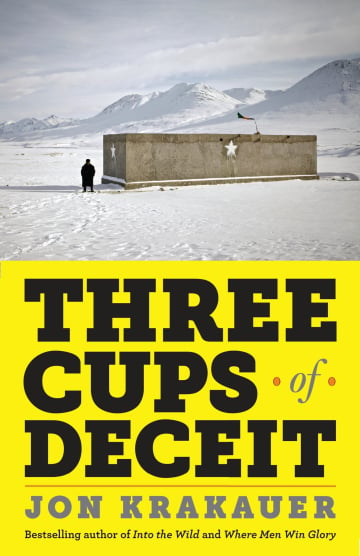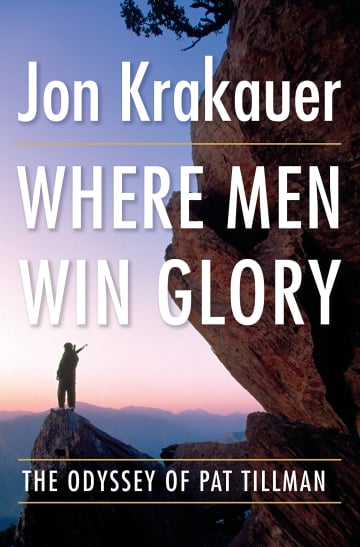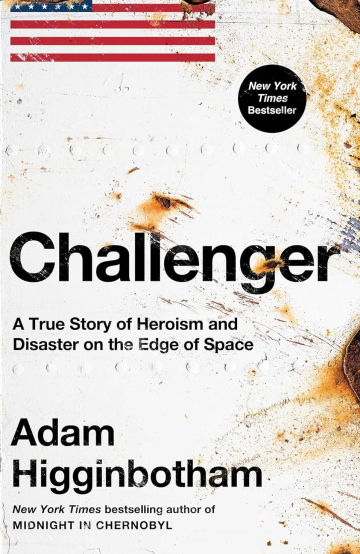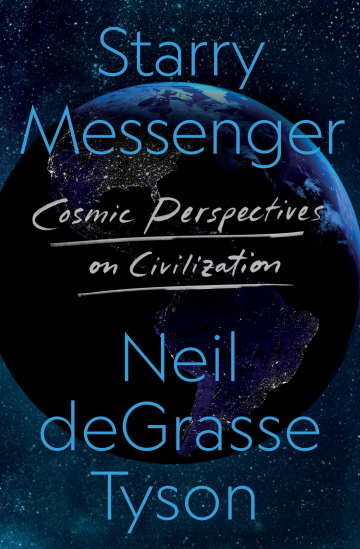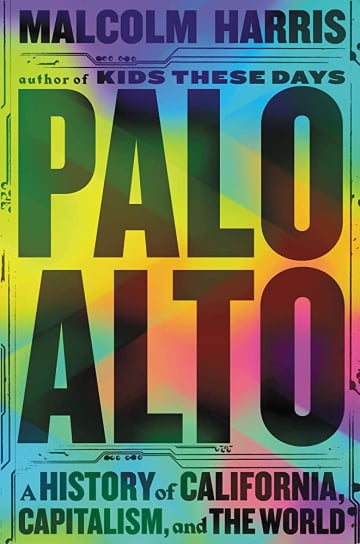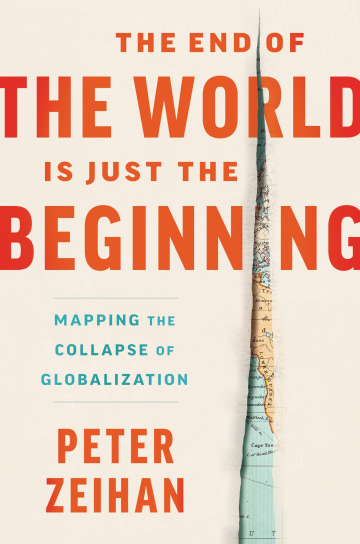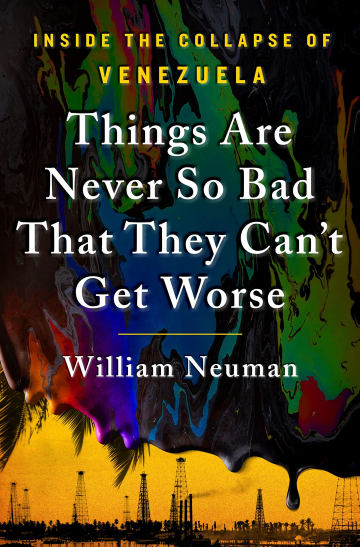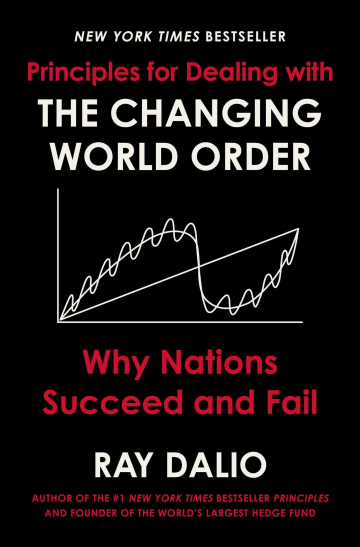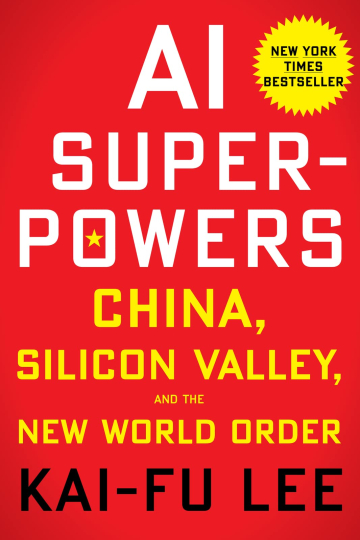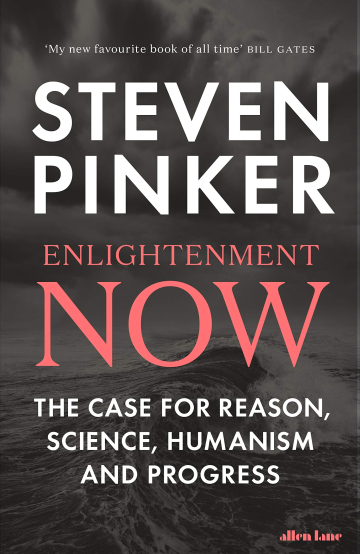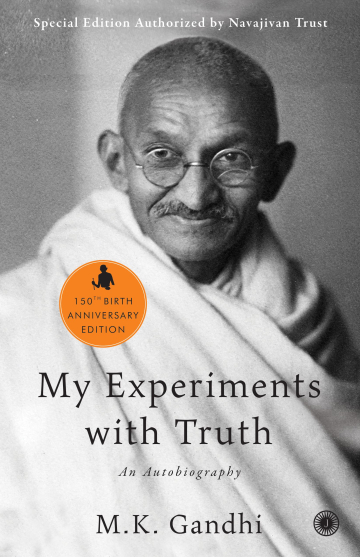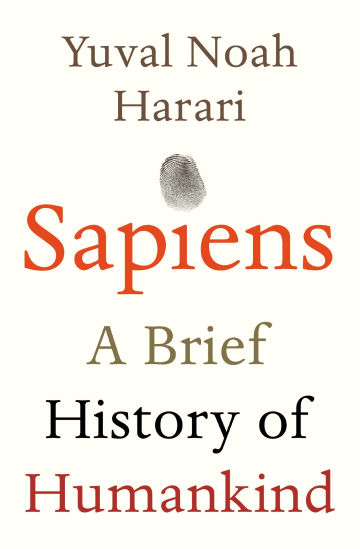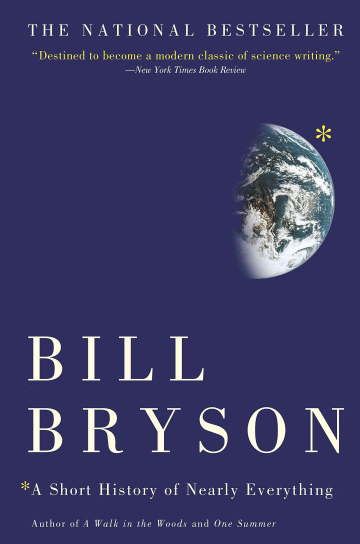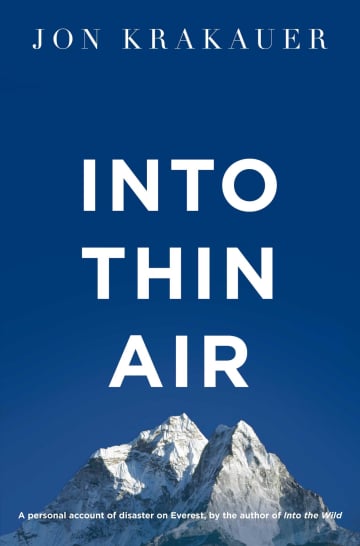
Into Thin Air: A Personal Account of the Mt. Everest Disaster
⚡️ 10 Quotes from the book
“There were many, many fine reasons not to go, but attempting to climb Everest is an intrinsically irrational act—a triumph of desire over sensibility. Any person who would seriously consider it is almost by definition beyond the sway of reasoned argument.”
“And thus, shortly before noon on May 29, 1953, did Hillary and Tenzing become the first men to stand atop Mount Everest.”
“Getting to the top of any given mountain was considered much less important than how one got there: prestige was earned by tackling the most unforgiving routes with minimal equipment, in the boldest style imaginable.”
“My hunger to climb had been blunted, in short, by a bunch of small satisfactions that added up to something like happiness.”
“But at times I wondered if I had not come a long way only to find that what I really sought was something I had left behind.”
“Everest has always been a magnet for kooks, publicity seekers, hopeless romantics, and others with a shaky hold on reality.”
“I quickly came to understand that climbing Everest was primarily about enduring pain. And in subjecting ourselves to week after week of toil, tedium, and suffering, it struck me that most of us were probably seeking, above all else, something like a state of grace.”
“With enough determination, any bloody idiot can get up this hill,” Hall observed. “The trick is to get back down alive.”
“We were too tired to help. Above 8,000 meters is not a place where people can afford morality.”
“It was titillating to brush up against the enigma of mortality, to steal a glimpse across its forbidden frontier. Climbing was a magnificient activity, I firmly believed, not in spite of the inherent perils, but precisely because of them.”
Related videos
Publications
The New York Times: Climbing Mount Everest
The Wall Street Journal: Climbing to Disaster
Ask Albert:
Rate the book
⚡️ Discover Even More Bookish Wisdom
recommends
recommends


